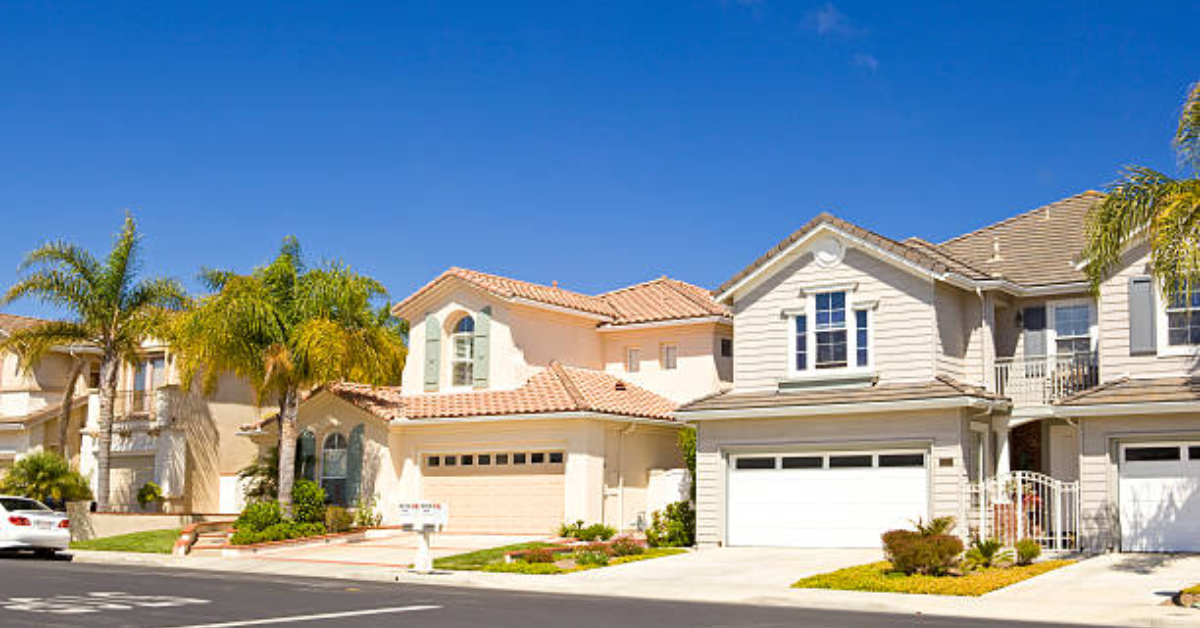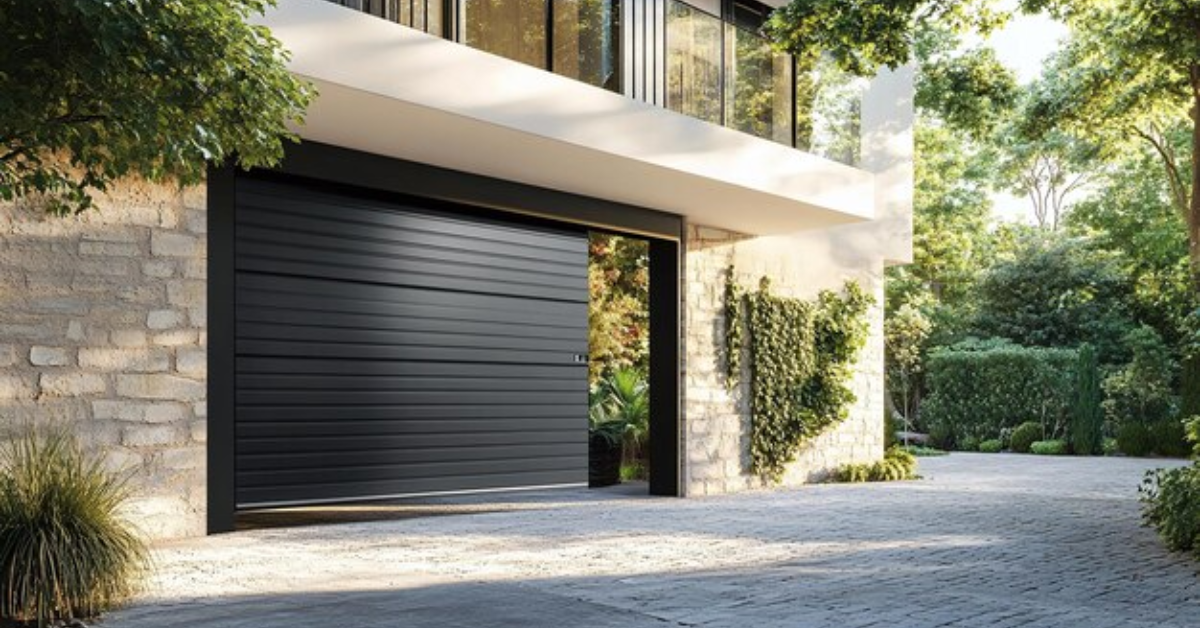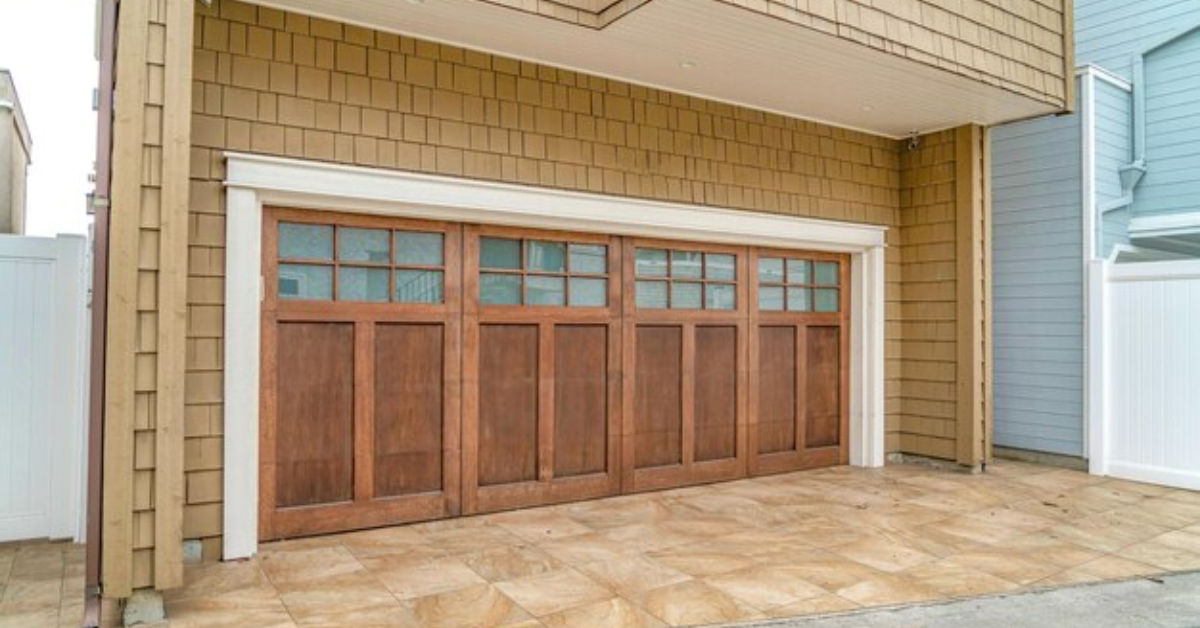10 Common Reasons for Residential Garage Door Breakdowns
Garage doors are essential for home security, convenience, and curb appeal. However, like any mechanical system, they can encounter problems. If you’re facing frequent garage door issues, understanding the common reasons behind these breakdowns can help you prevent future problems. This article outlines 10 common causes of residential garage door malfunctions, along with tips on how to keep your door functioning smoothly.
1. Worn-Out Springs
The torsion or extension springs in a garage door bear significant tension to facilitate smooth opening and closing. Over time, these springs can wear out or break due to constant use. A broken spring not only impedes the door's operation but can also be dangerous if not handled properly. Regular inspection and timely replacement of springs can prevent unexpected breakdowns.
2. Misaligned Tracks
The tracks guide the garage door’s movement, ensuring it opens and closes properly. Misalignment can occur due to repeated use or an accidental bump from a vehicle or heavy object. When tracks are bent or out of alignment, the door may struggle to move or become stuck. It’s important to regularly check the tracks for bends and ensure they’re level and aligned.
3. Malfunctioning Garage Door Opener
Garage door openers can fail due to electrical issues, circuit board problems, or sensor malfunctions. Common signs include erratic movement or complete failure to open or close the door. To avoid breakdowns, keep the opener’s components clean, and replace batteries as needed. If issues persist, consider consulting a professional to inspect the opener's wiring and motor.
4. Broken Cables
Cables help lift the garage door by counterbalancing its weight. When cables become frayed or snap due to wear and tear, the door can become imbalanced or stop moving entirely. Regular maintenance, such as lubricating the cables and visually inspecting them for damage, can extend their lifespan.
5. Worn-Out Rollers
Rollers help the garage door move smoothly along the tracks. Over time, these components can become worn out or damaged, leading to jerky or noisy door movements. Metal rollers may need lubrication, while plastic rollers can crack. Replacing damaged rollers promptly ensures your garage door operates quietly and efficiently.
6. Obstructed Sensors
Modern garage doors come equipped with safety sensors that prevent the door from closing if an object is detected in its path. If these sensors are dirty, misaligned, or blocked, the door may refuse to close. Cleaning the sensors regularly and ensuring they are correctly positioned can prevent such issues.
7. Damaged Panels
Garage door panels can suffer damage from accidental impacts, harsh weather conditions, or aging. A damaged panel can affect the door’s balance and overall performance. If only one or two panels are damaged, replacing them individually can be a cost-effective solution. For severe damage, replacing the entire door might be necessary.
8. Worn Weather Seals
The weather seal at the bottom of the garage door protects your garage from external elements such as rain, snow, and debris. When this seal wears out or cracks, it compromises insulation and allows drafts and pests to enter. Regularly check and replace the weather seal to maintain the garage’s protection and energy efficiency.
9. Loose or Damaged Hardware
The hardware holding your garage door together, including bolts, screws, and brackets, can loosen over time. When these components become loose or damaged, the garage door’s structure and movement can be affected. Regularly tighten loose hardware and replace any broken pieces to prevent further damage and ensure safe operation.
10. Lack of Routine Maintenance
A lack of routine maintenance is one of the most common reasons for garage door breakdowns. Homeowners often overlook their garage doors until a significant issue arises. Regularly inspecting the door’s various components, lubricating moving parts, and scheduling professional tune-ups can extend the life of your garage door and prevent costly repairs.
Prevention Tips
- Schedule Regular Maintenance: Hiring a professional to inspect your garage door at least once a year can catch problems before they escalate.
- Lubricate Moving Parts: Apply lubricant to the springs, rollers, and tracks to reduce friction and prevent wear.
- Check the Balance: A properly balanced garage door will not sag or drop during operation. Disconnect the opener and manually open the door halfway; it should stay in place.
- Test the Safety Features: Regularly test the auto-reverse function by placing an object in the door’s path. The door should automatically reverse upon contact.
Conclusion
Understanding the common causes of garage door breakdowns can save you time, money, and frustration. From worn-out springs to malfunctioning sensors, many issues can be prevented with routine inspections and maintenance. Prioritizing care and addressing issues as they arise will ensure that your garage door remains a reliable part of your home’s daily function.
Staying proactive can make all the difference in maintaining a well-functioning garage door for years to come.




